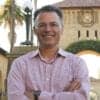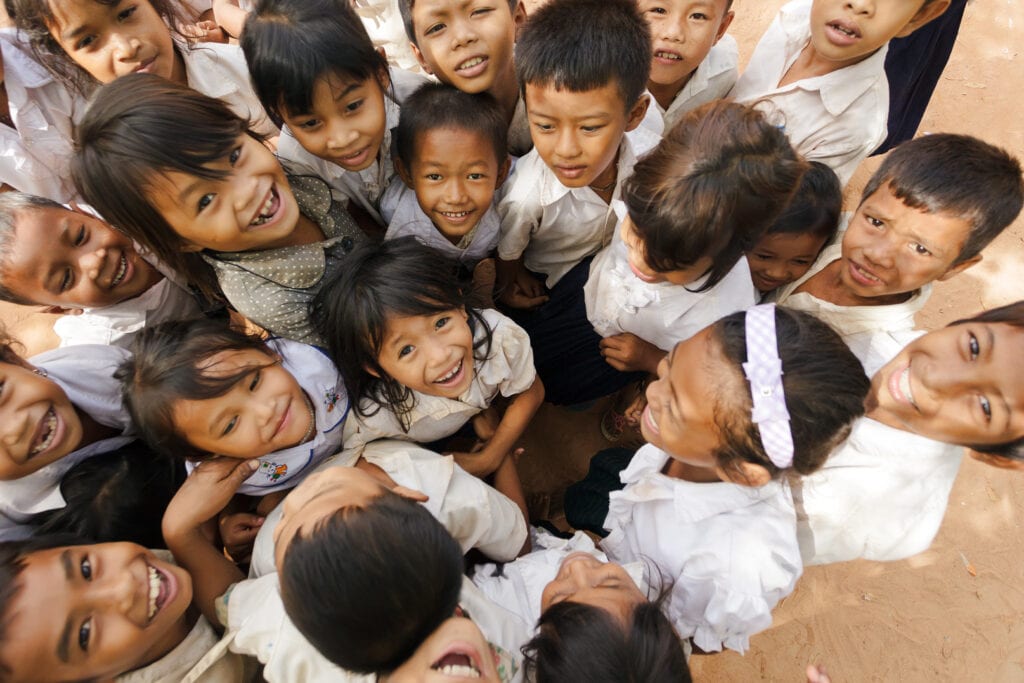We have an urgent education challenge ahead. It is not enough to just recover physically and economically from the global pandemic; it has also disrupted one billion children’s learning, leaving many permanently disadvantaged. In fact, it has pushed questions of quality, inequality, and technology to the forefront. We cannot go back to business as usual.
But we can also see the way forward: innovation. Fresh thinking and effective interventions are exactly what we champion at the Yidan Prize Foundation. Soon, we’ll start reviewing nominations for our 2021 Education Research and Education Development laureates—though there’s still time to nominate a team or individual until the end of March.
That makes it a good time to reflect on how our laureates have been transforming the quality of education and making it fairer. Here are some of the big ideas behind their work—ideas to inspire and inform everyone who’s working towards building a better world through education.
1. We can bring quality education anywhere
Vicky Colbert’s Fundación Escuela Nueva is one of the longest-running education interventions in the world. Working with remote, rural schools in Colombia, the team proves that it is possible to deliver personalized, collaborative, quality learning anywhere. That includes learning circles that help integrate displaced communities at the Venezuelan border, so children build confidence and social skills before transitioning safely to mainstream schools.
2. We aren’t limited by our starting point
Carol Dweck’s work challenges long-held ideas that the potential of humans to learn is fixed. She has shown that, in the right environment, almost any student can develop a growth mindset—a love for challenges and learning that raises achievement and stays with them long after they leave school.
3. We can use the science of learning to become more inclusive
Usha Goswami’s neuroscience has revealed that rhythm is a vital part of how we learn language. Now she’s exploring how we can intervene in early education to account for differences in how people perceive rhythm—something that could help children with dyslexia or developmental language disorders become more confident, enthusiastic readers.
4. We must make learning joyful and social
The late Sir Fazle Hasan Abed founded BRAC, one of the world’s largest and most successful NGOs. The team continues in his footsteps, proving time and again the importance of play-based learning and developing social skills as part of a well-rounded education. Even while socially distanced, the team phones hundreds of families every week to check in and advise. They call the intervention “Pasche Achhi”—Bangla for “beside you”.
5. We can be more systematic about what works
Policymakers don’t always know where to start: education studies sometimes come to conflicting conclusions, or they’re hard to interpret or apply. Larry Hedges gives us rigorous statistical methods to analyse our mountain of evidence and have greater confidence to invest in the most effective interventions.
6. We can use technology to break down educational barriers
Anant Agarwal believes “everybody should have access to education, no matter who they are, where they live or what they can afford”. Founded with Harvard and MIT, his edX platform gives learners free access to over 3,000 courses from more than 165 institutions. And it’s being used by 3,000 organizations, countries, and institutions around the world to launch their own sites.
7. We must test ideas to improve our teaching practice
Carl Weiman examines how teaching and learning relate to each other. His work shows that more collaborative teaching, embedding decision-making and problem-solving, can have rapid results: one study showed students remembered 90% of what they were taught, compared to 15% using more traditional teaching methods. His PhET Interactive Simulations put those principles into practice and expand access to quality science teaching around the world.
8. We must empower women, and amplify marginalized voices
Lucy Lake and Angeline Murimurwa of the Campaign for Female Education (CAMFED) are the first of our laureates to be awarded as a team. They’ve helped CAMFED grow from a scholarship program in Zimbabwe—proving families would send girls to school with the boys if they could afford to—to a 157,000-strong network of young women across sub-Saharan Africa. Angeline, a former CAMFED scholar, embodies the team’s philosophy of empowering young women to step into leadership roles and bring their experiences to bear on future generations.
If you’d like to nominate a team or individual for the Yidan Prize, nominations are open until the end of March.


















